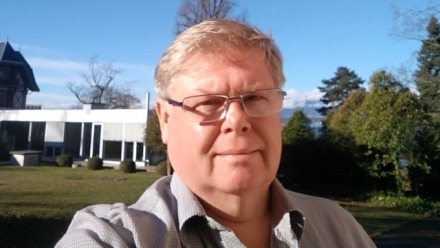Plus ça change: the past two decades of the global AIDS response

Twenty years ago, the introduction of combination antiretroviral therapy almost immediately slashed death rates in high income countries, transforming the AIDS response, but donors were still reluctant to fund treatment in developing countries. HIV prevention meanwhile was a mixed bag: some remarkable successes in the spaces which had been opened up in the era of medicine’s humility in the face of no effective treatment, balanced by the opportunistic use of AIDS to push religious and neo-liberal agendas. So, from around 2003 the pendulum swung sharply, and a treatment paradigm dominated AIDS responses across the globe–ART to save lives as well as reduce infectiousness, and later pre-exposure prophylaxis.
I contrast the current global consensus, focussed on ‘hard’ biomedical interventions, sprinkled with largely symbolic human rights rhetoric, with ‘what might have been’ if the earlier AIDS lessons had been taken account of, namely the systematic pursuit of technologically mediated social change. There are particular challenges for the international development assistance system which finds it much easier to support decontextualized evidence-based interventions than to create incentives to enable complex real-world adaptation.
Dr Michael Bartos joined the Joint United Nations Programme on HIV/AIDS (UNAIDS) in 2000, initially as senior policy adviser and speechwriter to the Executive Director. He then represented the organization in Central America, headed HIV prevention and strategy units in Geneva headquarters, and from 2013 to 2016 was UNAIDS Country Director in Zimbabwe. Before moving to UNAIDS he was a Research Fellow in Australia’s HIV social research programme at Macquarie and La Trobe universities and has published widely on HIV prevention, HIV investment and impact, as well as on governmentality, Foucault and sexuality. He has an M.Ed from the University of Melbourne and his disciplinary background is in health sociology and philosophy.
The seminar is co-hosted by the Research School of Population Health and the School of Sociology.








